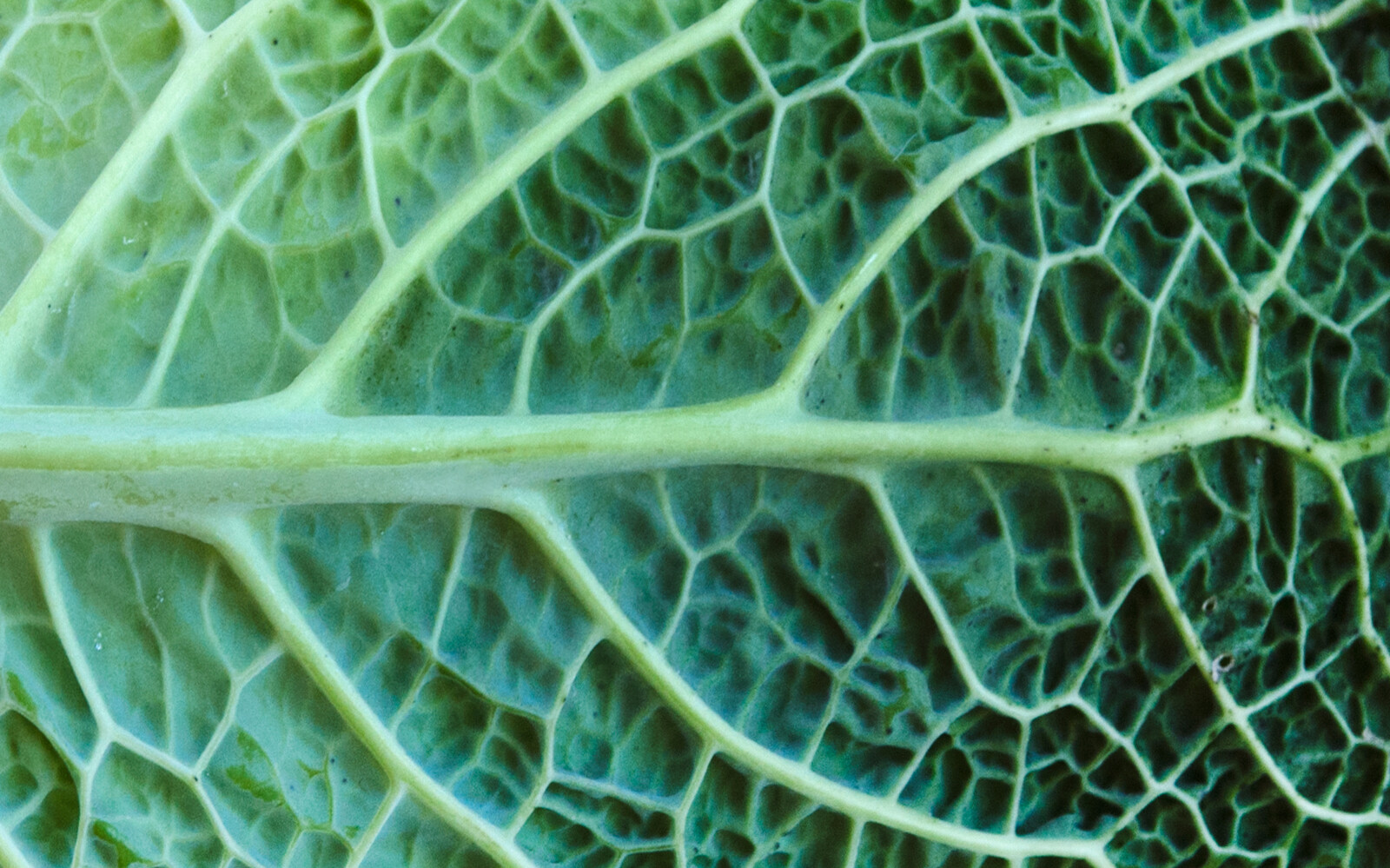Unsere Gesundheit ist in Zeiten von Corona noch stärker ins Bewusstsein gerückt und Fragen rund um unsere Ernährung prägen unser tägliches Leben. Gesundheit ist nicht nur Voraussetzung für ein gutes Leben, sondern zum Synonym für Lebensqualität geworden. Unsere Ernährung ist dabei ein Bereich, den wir aktiv mitgestalten und beeinflussen können. Doch wie? Hier zeigen wir dir 7 aktuelle Food-Trends.

Clean Eating
«Clean Eating» bedeutet: kein Fastfood, kein Zucker, keine künstlichen Zusätze – alles so natürlich wie möglich und frisch gekocht. Dabei werden hauptsächlich frische, vollwertige und unverarbeitete Lebensmittel verzehrt, am besten in Bio-Qualität. Industriell verarbeitete Produkte werden gemieden ebenso wie Weizen, Zucker, Softdrinks und Alkohol. Lebensmittelallergien und -intoleranzen sind moderne Zivilisationskrankheiten, aber auch Ausdruck der intensiven Suche nach der «richtigen» Ernährung in Zeiten des Umbruchs unserer Esskultur. Allergenfreie Lebensmittel, also Clean Food, spielt für viele Konsument*innen eine immer grössere Rolle – nicht nur für Allergiker*innen. Denn die Auslöser für Allergien und Intoleranzen in bestimmten Lebensmitteln wie Kuhmilch, Weizen sowie diverse Konservierungsmittel, Aroma- und Zusatzstoffe werden auch von nicht (hyper-)sensiblen Esser*innen zunehmend kritisch bewertet. Der Trend entwickelt sich daher nicht nur aufgrund des steigenden Anteils von Allergikern, sondern auch als Reaktion auf immer stärker verarbeitete und aus vielen künstlichen Komponenten bestehende Lebensmittel.

Soft Health
Soft Health verbindet Gesundheit, Genuss und Nachhaltigkeit. Die Lebensmittel sollen naturbelassen, regional und saisonal sein. Der Teller wird nicht nach Kalorien, Nährwerten, Makro- und Mikronährstoffen, spezifischen Vitaminen und einer bestimmten Menge an Ballaststoffen befüllt. Stattdessen geht es um Ausgewogenheit, Vielfalt und darum, den eigenen Speiseplan mit vielen verschiedenen Sorten Obst und Gemüse, Getreideprodukten sowie Hülsenfrüchten anzureichern. Man verwendet als gesund wahrgenommene, naturbelassene Produkte wie zum Beispiel Datteln statt Zucker. Soft Health basiert auf einem ganzheitlichen Verständnis von gesunder Ernährung, das nicht primär nährstoff- und kalorienbezogen ist.
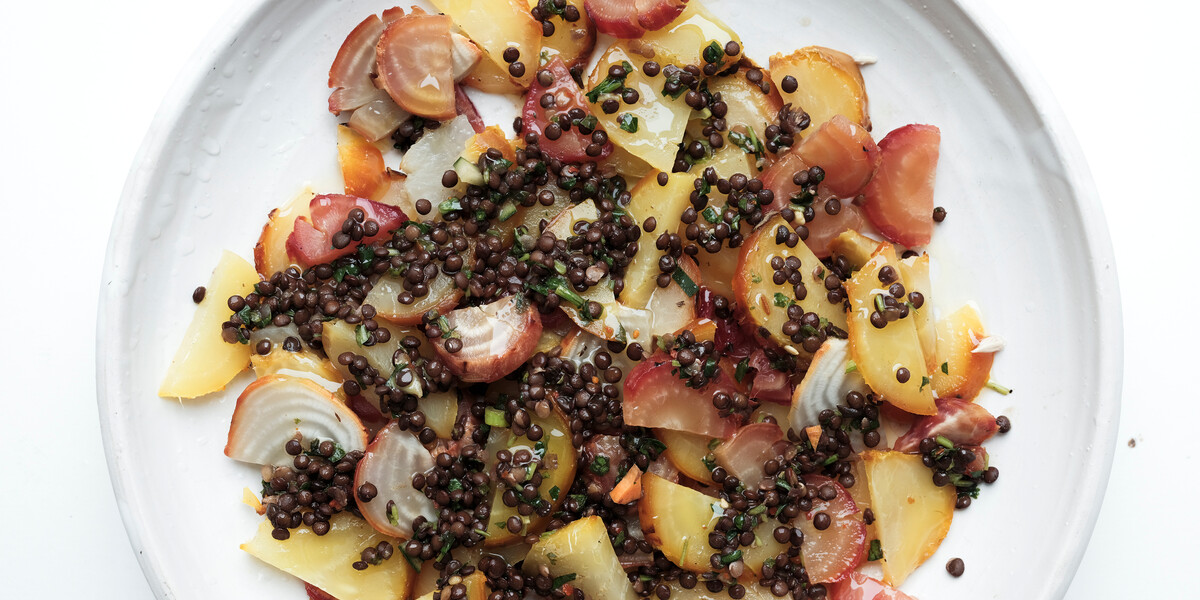
Forced Health
Beim Trend «Forced Health» wird der Fokus auf die gesundheitsfördernde Wirkung des Darms, des Gehirns oder des Herz-Kreislaufs gerichtet. Der Speiseplan wird etwa aufgepeppt mit der Wunderalge Chlorella, Chiasamen, Gingershots oder Zitronenwasser zum Frühstück. Eine Maxime lautet: weniger Säure und mehr basische Lebensmittel für einen gesunden Darm. Für Menschen, die ihre Nahrung nicht primär nach rein aromatischen, sondern mehr unter präventiven Gesichtspunkten auswählen, gewinnen die Lebensmittel an Bedeutung, denen eine natürliche Gesundheitswirkung zugeschrieben wird – etwa für die Darmgesundheit oder zur Stärkung des Immunsystems. Gerade jetzt, wo unsere Gesundheit besonders bedroht ist, fokussieren viele Menschen noch stärker auf eine gesundheitsfördernde Ernährung.

Fermentierte Lebensmittel
Die probiotischen Bakterien, die sich in fermentierten Lebensmittel ansiedeln, sind Bestandteil unserer eigenen Darmflora. Und genau diese spielt eine wichtige Rolle für unser Immunsystem. Je gesünder die Darmflora ist, umso besser kann sie die Ansiedlung von Krankheitserregern verhindern, umso besser ist der Mensch vor chronischen Krankheiten aller Art geschützt. Die probiotischen Bakterien aus fermentierten Speisen tragen zu einer gesunden und ausgewogenen Darmflora bei. Zudem brechen die probiotischen Bakterien während des Fermentationsprozesses bereits die Zellstrukturen der entsprechenden Lebensmittel auf – sie werden sozusagen schon vorverdaut. Dadurch sind sie in unserem Körper leichter verdaulich. Durch das Fermentieren kann man also ganz einfach zuhause seine eigenen probiotischen Lebensmittel herstellen. Beim Fermentierungsprozess geht es darum, für diese erwünschten Bakterien – beispielsweise die probiotischen – optimale Bedingungen zu schaffen und gleichzeitig der Bildung von Fäulnisbakterien und Pilzen entgegenzuwirken.
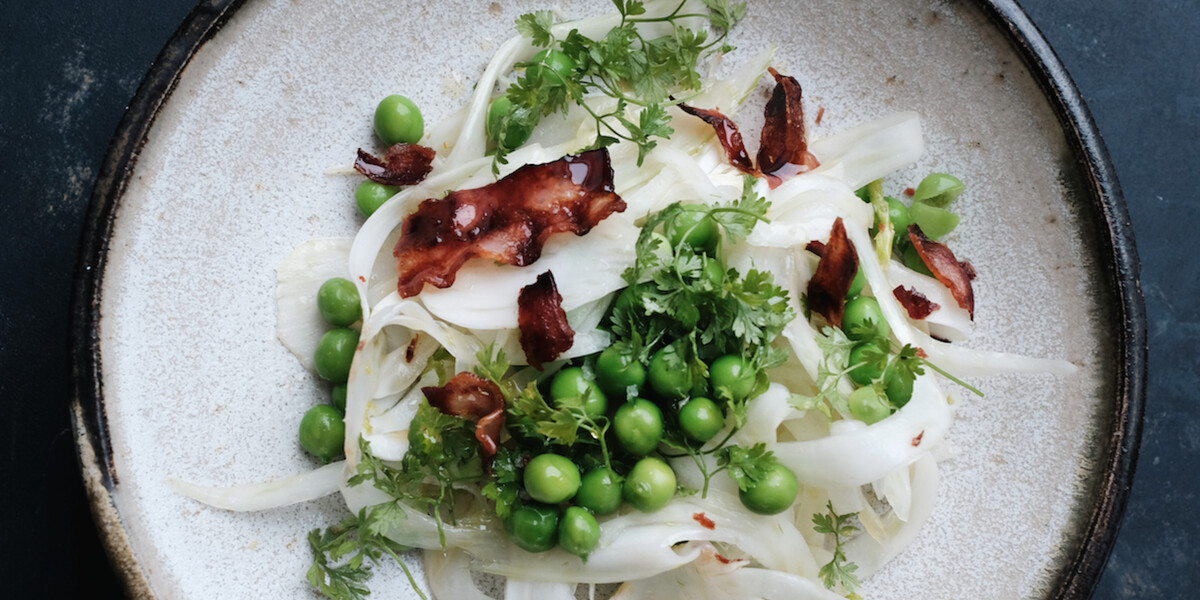
Flexitarische Ernährung
Flexitarier:innen essen bewusst weniger tierische und mehr pflanzliche Lebensmittel. Flexitarier:innen ernähren sich also hauptsächlich fleischlos – nur ab und zu steht auch Fleisch oder Fisch auf dem Speiseplan. Das Tierwohl ist ihnen ein grosses Anliegen, weshalb sie beim Konsum von Fleisch oder Fisch auf die Haltung und Herkunft achten. Flexitarier:innen leisten einen wichtigen Beitrag zu einem nachhaltigeren Fleischkonsum. Flexitarismus ist so gesund, weil die Ernährung ausgewogen ist, viel Gemüse, Hülsenfrüchten und Vollkornprodukte in Bio-Qualität enthält. Wenn Fleisch konsumiert wird, achteten Felixtarier:innen auch hier darauf, dass es Bio-Qualität ist und somit weniger ungesunde Zusätze enthält.
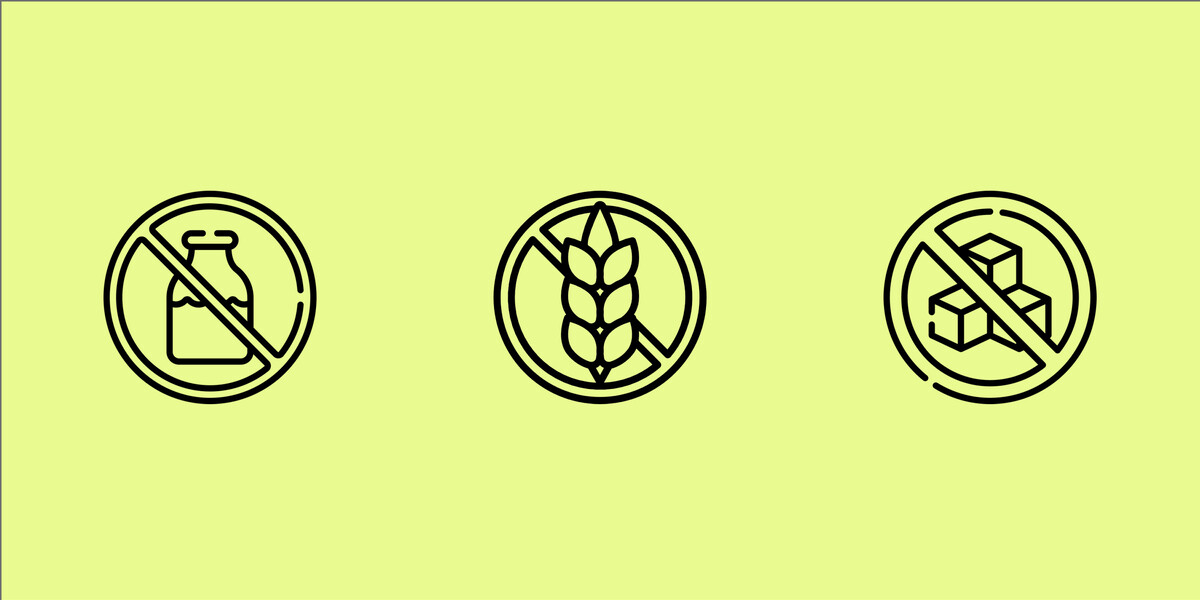
Free From
Free-From-Produkte boomen. «Ungredients» – also Produkte, die vor allem darüber angeboten werden, dass sie etwas gerade nicht enthalten – vermarkten sich als neuer Lifestyle. Health-Claims wie «ohne Zucker», «glutenfrei», «fettreduziert», «low Carb», «laktosefrei» haben Hochkonjunktur und sind ein starkes Verkaufsargument. Der Boom wird angekurbelt durch eine wachsende Bevölkerungsschicht mit Unverträglichkeiten auf bestimmte Inhaltsstoffe – vor allem aber durch einen neuen, kritischen Konsumententyp, der ein weitreichendes Misstrauen gegen industriell gefertigte Produkte hegt. Die Megatrends Individualisierung, Gesundheit und Neo-Ökologie bilden die Basis für das wachsende Bedürfnis, kulinarischen Genuss besser kalkulierbar zu machen – gerade, wenn Produkte eine Gefahr für die Gesundheit darstellen könnten.
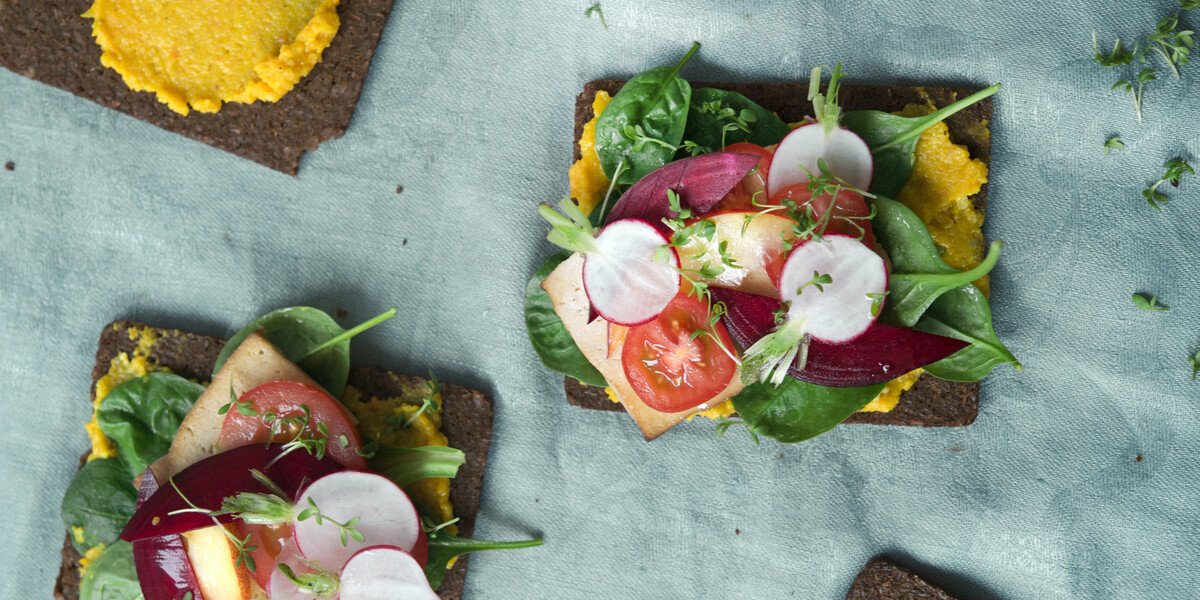
Plant Based Food
Die kulinarische Aufwertung von pflanzlichen Nahrungsmitteln ist in vollem Gange. Durch die verstärkte Sichtbarkeit der gesundheitsfördernden Bestandteile in Plant Based Food steigt die positive Akzeptanz in der Gesellschaft. Nicht mehr die Imitation von tierischen Produkten, sondern das Gemüse spielt die Hauptrolle. Gesundheit und Fitness stehen im Fokus. Gemüse, Getreide, Hülsenfrüchte und Obst sind die neuen Leitprodukte einer gesunden Ernährung.

